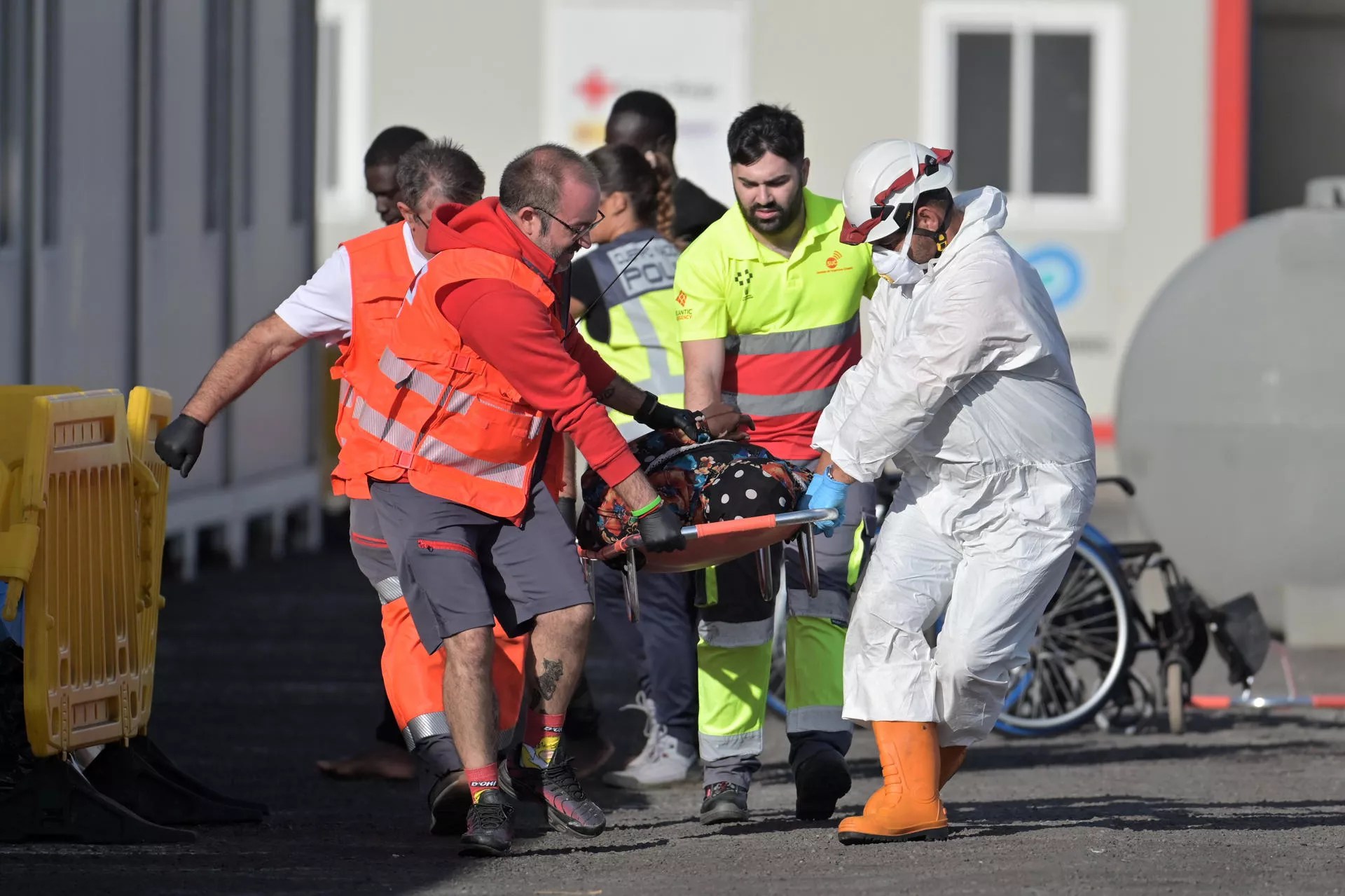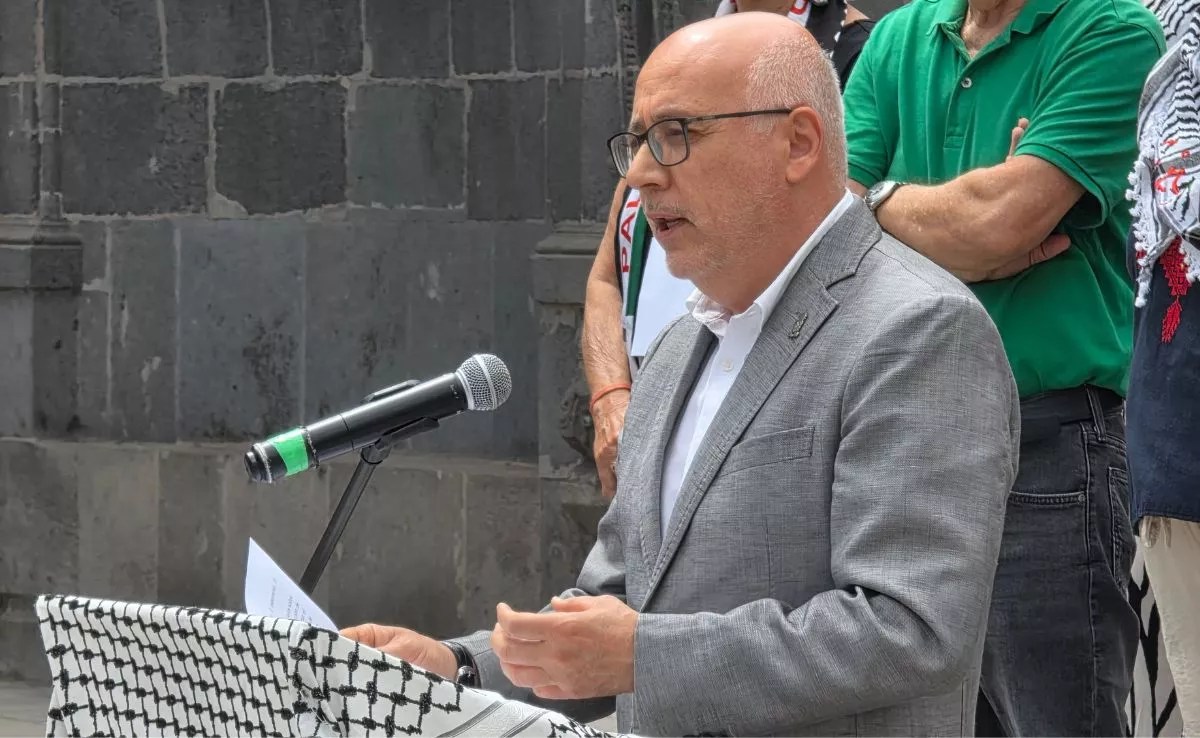“Arico cannot remain the island’s dumping ground and the power source for Tenerife,” summarises Olivia Delgado, the mayor of the southern municipality, to convey the City Council’s unanimous rejection, expressed in the March plenary session, towards the establishment of new wind farms in the area.
The creation of Renewable Acceleration Zones (Tsar) by the Canary Islands Government, in collaboration with Los Cabildos, aims to expedite the implementation of clean energy (primarily wind and solar) and adhere to the National Integrated Energy and Climate Plan, which necessitates nearly tripling the current share of renewables by 2030. This initiative has raised concerns in Arico regarding the “already significant concentration of high-impact infrastructure.”
“If a bird is released in Granadilla, it is impossible for it to reach Fasnia, unless it flies over the forest canopy or across the sea,” the mayor explains vividly to this publication, lamenting that “a model that devastates our land and habitat benefits only a select few.” In this regard, she stresses that it is “unsustainable to construct further on new land, encroaching upon thousands of square metres of tabaibal-cardonal and damaging unique geological areas and vital habitats for birds.”
Agricultural Land
Olivia Delgado warns that productive agricultural land is also being eroded, thereby restricting the potential to develop a distinct tourist sector related to nature and outdoor recreation. “They are condemning Arico to a total economic void,” she insists.
“Arico presents the image of an industrial estate filled with wind and solar parks; this is how our municipality has been transformed,” continues the socialist mayor, who regrets that projects are approved under the guise of general interest, “because it obscures the lack of planning, management, and assessment of cumulative impacts. When a park is installed, we are dealing with far more than just the turbines or solar panels; there are also associated infrastructures, such as access roads, evacuation lines, and substations.”
In March, the City of Arico unanimously opposed the establishment of renewable acceleration areas within the municipality due to the high number of existing parks (approximately twenty, both wind and solar) and called for a “well-considered and balanced” distribution of these facilities across the island, taking into account the needs and capacities of each area.
Moreover, the City Council demanded that, during the identification process for the Tsar, there should be “active and effective” participation from municipalities in decision-making, respecting their authority in land management.
In the motion, put forward by the PSOE, “inadequate planning” is lamented, along with a request for an assessment of the cumulative impacts of renewable infrastructure on territories and the safeguarding of agricultural and livestock lands, as well as the inclusion of “clear and fair” compensatory measures for the municipalities affected by the deployment of wind and solar parks.
DESTRUCTION
“There can be no just ecological transition without social or economic equity,” warns Olivia Delgado. Her municipality submitted a set of objections during the public consultation period (as did the Canarian Federation of Municipalities) against the establishment of renewable acceleration areas. “We support renewable energies, but not under a model that devastates our environment, disregards our voice, and compromises our well-being,” states the Ariquera mayor.
















